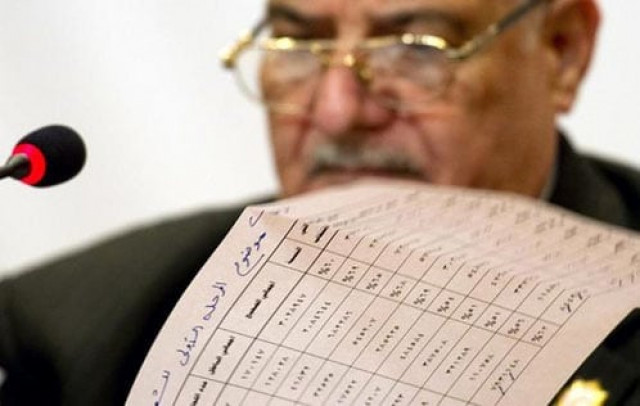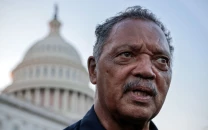Egypt delays poll results, ousted president in coma
We will continue examining appeals, requiring more time before announcement of final results: Election commission.

"Egypt's election commission, headed by Judge Faruq Sultan... has decided to delay the announcement of the presidential election run-off," the official MENA news agency said late on Wednesday, without giving a new date.
The news came amid moves by the military to extend its powers.
The run-off election, which took place on June 16 and 17, pitted Muslim Brotherhood candidate Mohamed Morsi against Mubarak's last Prime Minister Ahmed Shafiq, with both candidates claiming victory.
The election commission said it was looking into appeals from lawyers of both candidates into alleged campaign violations and disputed vote counting.
The commission said it would "continue examining the appeals... which will require more time before the final results are announced."
The announcement came as uncertainty mounted over the health of Mubarak, following a flurry of reports about his condition.
Mubarak "is not clinically dead," a medical source told AFP. "He is in a coma and the doctors are trying to revive him."
"He has been placed on an artificial respirator," the source added, in an account confirmed by a member of Egypt's ruling military council, who spoke to AFP on condition of anonymity.
Egypt's state television carried a ticker item saying Mubarak was in "a coma and is not clinically dead."
State news agency MENA had earlier said the ousted strongman, 84, had been declared clinically dead after suffering a stroke in prison and being transferred to hospital.
News of Mubarak's failing condition came amid a backdrop of legal and political chaos.
The Brotherhood appeared set on a confrontation path with the ruling Supreme Council of the Armed Forces (SCAF) which issued a new constitutional declaration granting itself sweeping powers.
The state-owned daily Al-Ahram summed up the mood, saying Egypt was facing "the most critical 48 hours in its history."
In Washington, US Secretary of State Hillary Clinton insisted that the Egyptian military authorities must cede power to the winner of the country's presidential election.
"We think that it is imperative that the military fulfil its promise to the Egyptian people to turn power over to the legitimate winner," Clinton said in a discussion hosted at the State Department.
Some of the actions by the military leadership in past days were "clearly troubling," Clinton said.
Early Monday the Brotherhood said their candidate had won the run-off, and on Tuesday provided what they said were certified copies of ballot tallies to bolster their claims.
But Morsi's rival Shafiq also claimed victory, with his campaign accusing the Brotherhood of issuing false figures.
A group of independent judges -- headed by the ex-head of the Judges Union, Zakaria Abdel Aziz -- who monitored the voting process, confirmed in a news conference that Morsi had won, according to their tally.
The new president, irrespective of the result, will not wield the near-absolute authority Mubarak enjoyed for three decades, after SCAF issued a constitutional declaration on Sunday claiming wide powers.
Mubarak's successor will also inherit a struggling economy, increased insecurity and the challenge of uniting a nation divided by last year's uprising and its deadly aftermath.
Should Morsi win, it will be a real test for the Brotherhood's ability to deal with problems on the ground.
The new dynamics will mean that "SCAF will command the national security of Egypt and leave domestic issues to the president. Any problems and the blame will be shifted to the elected representative," said Joshua Stacher, a political analyst and Egypt expert at Kent State University.
The SCAF's document said it would retake legislative powers from the Islamist-dominated parliament after the country's constitutional court ordered, last week, the body dissolved.
And it grants the military council veto power over the drafting of a permanent constitution, angering activists who denounced the declaration and an earlier order giving the army power to arrest civilians, as a "coup."
The Brotherhood insists the parliament retains legislative power and has pledged to counter the SCAF decisions with "popular activities."
Mubarak was taken to a Cairo prison on June 2, after a court handed down a life sentence against him over his involvement in the deaths of protesters during the 2011 uprising that pushed him from power.
His health deteriorated after the transfer, with doctors defibrillating him twice earlier this month, and reports saying he was suffering from bouts of depression, high blood pressure and shortness of breath.



















COMMENTS
Comments are moderated and generally will be posted if they are on-topic and not abusive.
For more information, please see our Comments FAQ